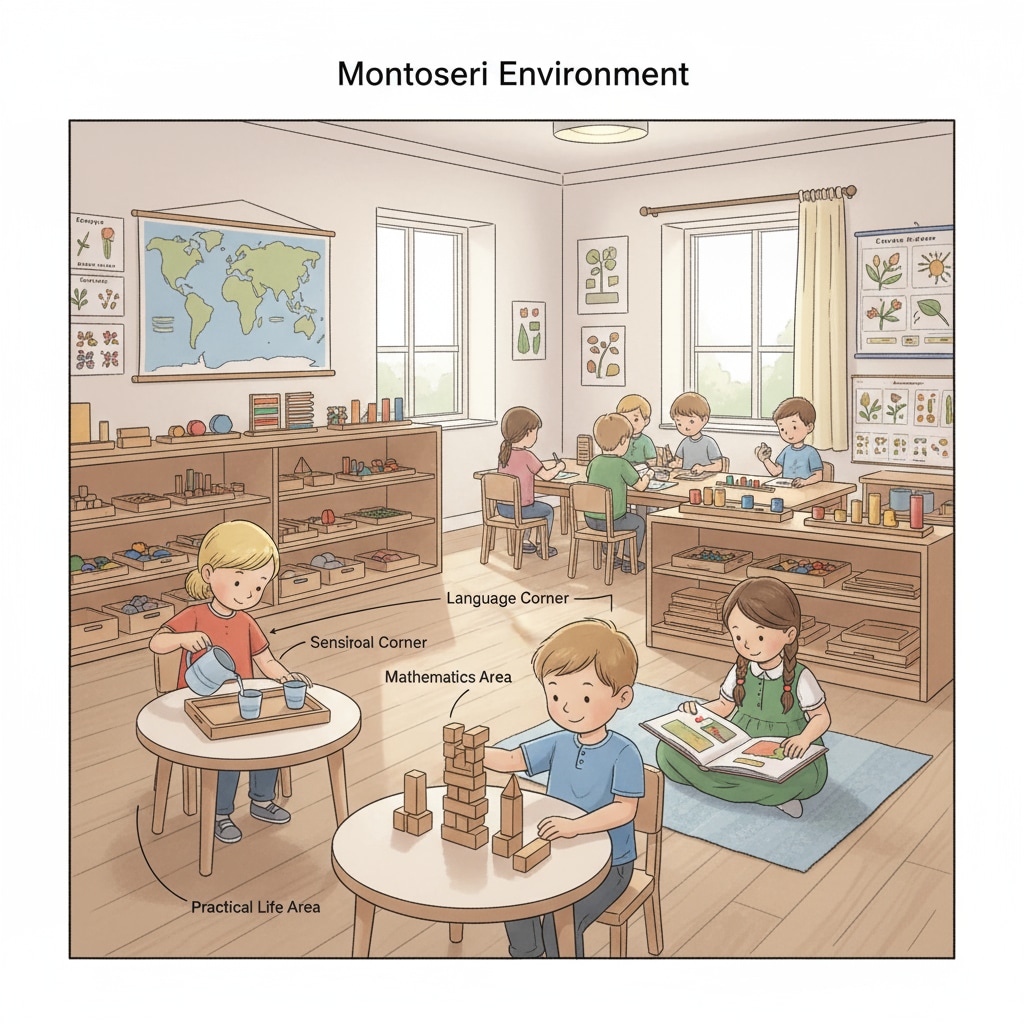Highly gifted children who are twice exceptional often encounter unique challenges when transitioning from a Montessori environment to a public school setting. This article aims to shed light on these challenges and provide effective strategies to help them adapt successfully.

The Challenges Faced by Twice Exceptional Gifted Children
Twice exceptional (2e) children, those with both high abilities and learning differences, may find the shift from Montessori to public school difficult. Montessori education emphasizes individualized learning, freedom of movement, and self-directed exploration. In contrast, public schools typically have a more structured curriculum and a one-size-fits-all approach. For example, a 2e child who thrived in the self-paced Montessori environment may struggle with the rigid schedules and group-based learning in public school. According to Understood.org, these children may experience anxiety, frustration, or a decline in academic performance during the transition.

Preparing for the Transition
Before the transition, it’s crucial to start preparing the child. Visit the public school in advance so they can familiarize themselves with the new environment. Meet the teachers and learn about the school’s resources for gifted and special needs students. Communicate with the school staff about the child’s unique needs and strengths. Additionally, start gradually adjusting the child’s routine to match the public school schedule. This way, the transition will be less abrupt. As a result, the child will be more likely to feel comfortable and confident in the new setting.
Readability guidance: Use short paragraphs and lists to summarize key points. Provide a list under each H2 when possible. Control the proportion of passive voice and long sentences. Incorporate transition words like “however”, “therefore”, “in addition”, “for example”, and “as a result” throughout the text.


